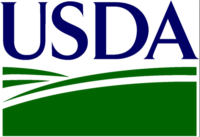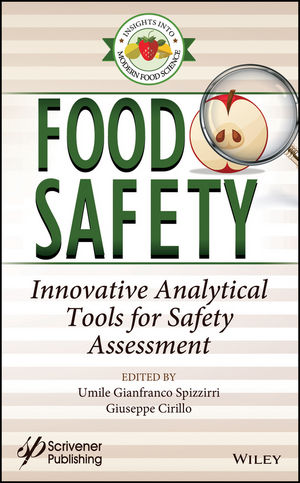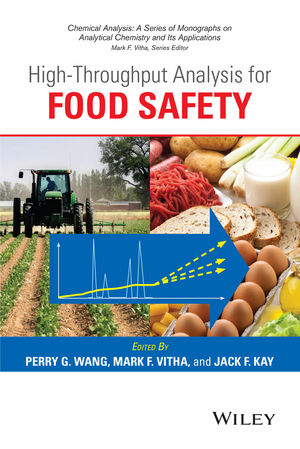EFSA Appoints 180 New Experts to Scientific Panels for 5-Year Term

Image credit: Andras Vas via Unsplash
The European Food Safety Authority (EFSA) has welcomed 180 leading experts to its scientific panels for a new 5-year term. EFSA’s experts provide independent scientific advice to protect EU consumers, animals, and the environment.
A full list of the appointments can be viewed on EFSA’s website.
Compared to 2017, EFSA attracted 40 percent more candidates, including a higher share of women and young scientists.
The 2024–2029 mandate includes 11 panels, with the Panel on Food Enzymes (FEZ) and the Panel on Food Contact Materials (FCM) replacing the former Panel on Food Contact Materials, Enzymes, and Processing Aids (CEP). The Scientific Committee, comprising all panel chairs, now includes an additional member and a social scientist, enhancing EFSA’s capacity to effectively respond to societal needs.
The panels’ mandate is extended to 5 years, as specified in Regulation (EU) 1381/2019, which became applicable in 2021. The panels can now include 11–21 members, depending on the expertise required and the expected workload.
EU Member States are significant contributors to EFSA’s scientific expertise, with 38 percent of incoming experts affiliated with government or public research institutes, and 12 percent coming from national risk assessment bodies. These figures highlight EFSA’s successful EU-wide collaboration efforts. Another 40 percent of experts come from universities, underscoring EFSA’s strong connection with the academic community. The remaining 10 percent comprise retired and self-employed scientists.
EFSA has organized a series of induction activities to bring experts up to speed with the authority’s work as their new mandates begin in July 2024. These sessions include a three-day inaugural event, during which the panels will elect their chairs and vice chairs. EFSA’s Scientific Committee will elect its chair and vice chairs at its first full plenary meeting in September.
Looking for a reprint of this article?
From high-res PDFs to custom plaques, order your copy today!









